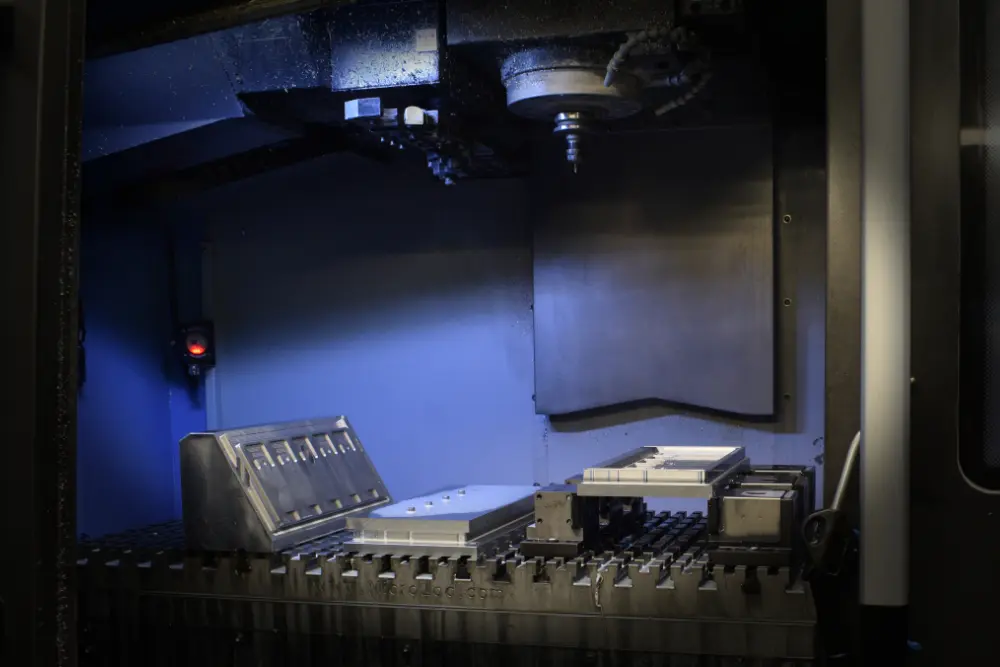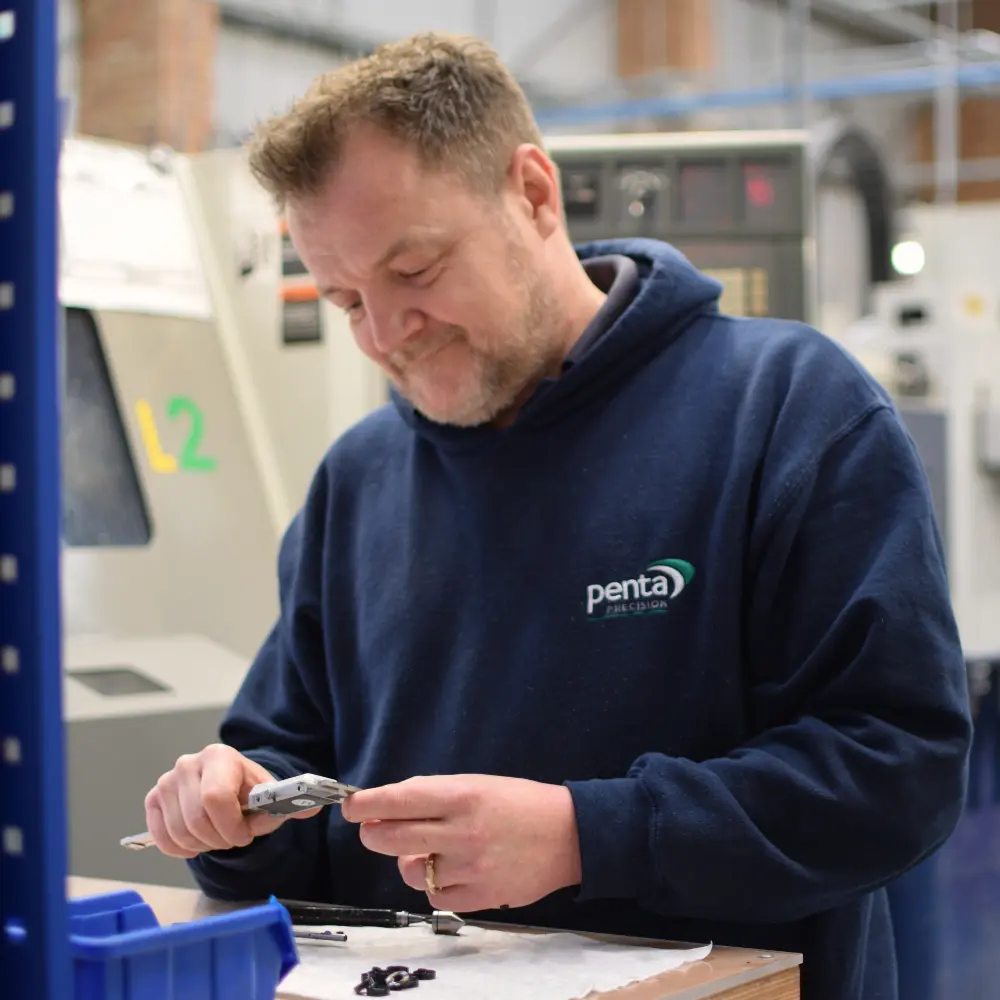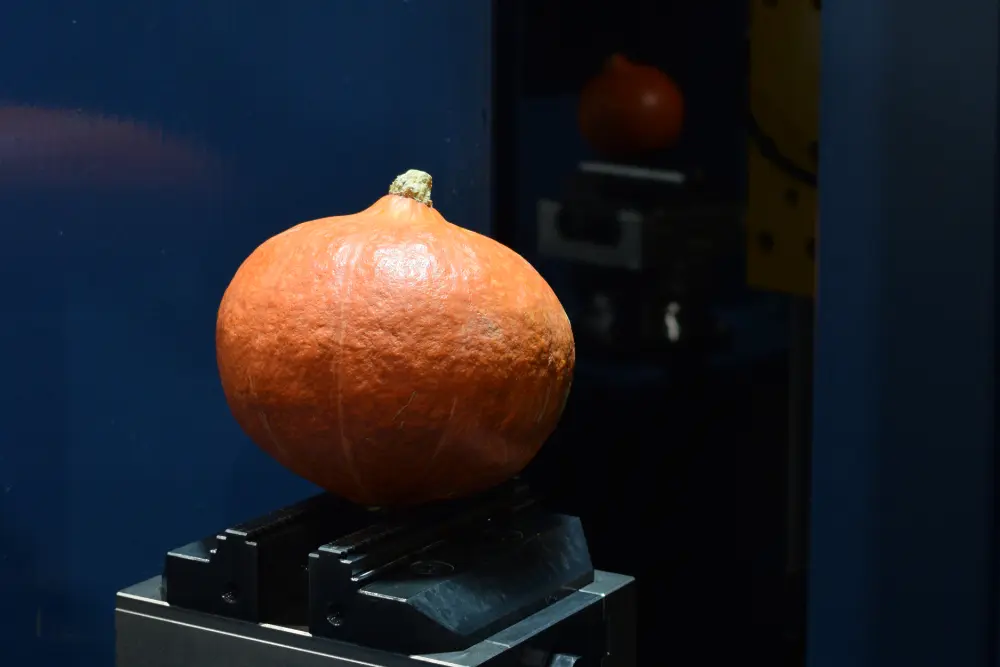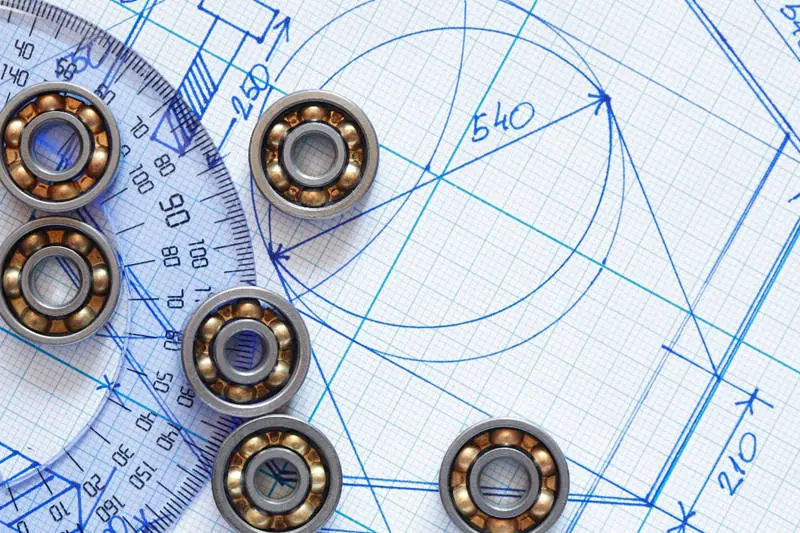As Halloween approaches, I thought I’d look at some of the scary things you might encounter when buying CNC machined parts. You place a lot of trust in your suppliers and usually there is a lot riding on everything going as expected. So when a supplier lets you down, it can have terrifying consequences. Enter if you dare…

Four things to fear when buying machined components
1. You place your order, but you fear whether your parts will arrive on time
The sinister truth is that some companies accept orders on short lead times but have no intention of ever meeting the deadline. Others may have good intentions, but their communication is so poor, you don’t know whether things are on track unless you do the chasing yourself… shuddersome!
2. The shocking reality of rising costs
It can be tough to be in business right now and many are in the same boat – rising costs of fuel, energy, materials, and components. It’s a sinister prospect for those not in the capable hands of a machining supplier who will proactively and creatively look for ways to keep your costs down.
3. Lazy bones tolerancing means your component doesn’t fit with the rest of your assembly
If the right care hasn’t been taken to manufacture your parts to the correct tolerances, it can render it useless when you try to fit it into your assembly. What a nightmare.
4. The horrifying reality of managing multiple suppliers
When there are several processes involved – machining, finishing, engraving, mechanical assemblies etc., – it can be a lot of time, effort, and stress, coordinating multiple suppliers which can leave you pulling your hair out.
No tricks, just treats – how to avoid these scary realities

Avoid a ghoulish CNC machined parts supplier and choose one who will:
- Proactively communicate to keep you in the loop about the progress of your parts
- Help you optimise your design to improve manufacturing efficiency and advise on material grades to get a more cost-effective solution without effecting form, fit or function
- Take care at every stage – ensuring tolerances are kept, the right materials are used and each part is subject to a rigorous inspection procedure
- Provide a one-stop shop for machined components so any finishing or secondary processes are taken care of.

If these were enough to send a chill down your spine and you’re looking for a partner for your machined parts who will provide exceptional communication, take care at every stage and deliver a truly consistent service, give us a call so we can chat about your project and how we can help you optimise your design for machining. Don’t be a scaredy cat, call me and my team on 023 9206 2048
Witching you a Happy Halloween 🎃



